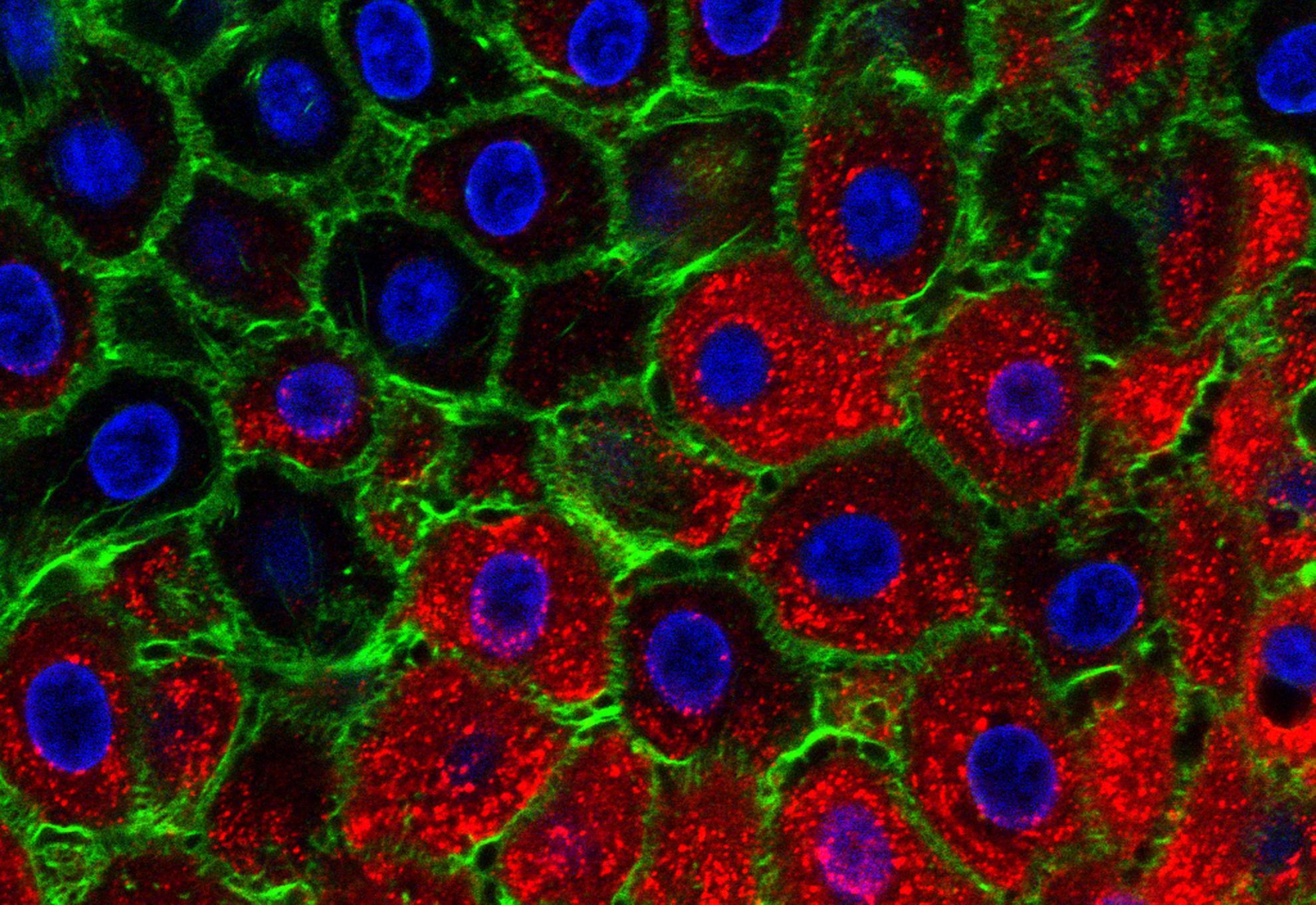A thiazepino[4,5-a]benzimidazole derivative hampers the RNA replication of Eurasian serotypes of foot-and-mouth disease virus
The stamping-out policy for the control of foot-and-mouth disease virus (FMDV) in countries that are free from FMD without vaccination has a dramatic socio-economic impact, huge animal welfare issues and may result in the loss of farm animal genetic resources. As an alternative to pre-emptive culling or emergency vaccination we further explore the possibility to use antiviral drugs in the event of an FMD outbreak. In the present study, we tested the in vitro cytotoxicity and anti-FMDV activity of 1,2,4,5-tetrahydro-[1,4]thiazepino[4,5-a]benzimidazole. The molecule was shown to inhibit the replication of reference strains of the Eurasian FMDV serotypes O, A, C and Asia but not the FMDV serotypes from the South African Territories (SAT) neither a related picornavirus, i.e. swine vesicular disease virus. The molecule can be added until 2 h post inoculation in a single replication cycle experiment without losing its antiviral activity. The genetic characterization of progressively selected resistant FMD viruses shows that the molecule presumably interacts with the non-structural 2C protein of FMDV. Further studies are required on the use of this molecule in vivo.
Back to publications
Publication
Contributors
Lefebvre D J, De Vleeschauwer A R, Goris N, Van Borm S, Chimirri A, Monforte A M, Valdazo-Gonzalez B, King D P, Neyts J, De Clercq K
Year
2014
Journal
Biochemical and Biophysical Research Communications
Volume
455
Issue
34
Pages
378-381
Associated groups

